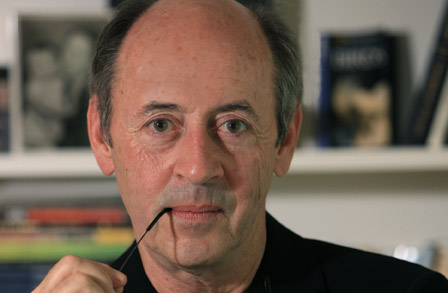

"Dubbed “the most popular poet in America” by Bruce Weber in the New York Times, Billy Collins is famous for conversational, witty poems that welcome readers with humor but often slip into quirky, tender or profound observation on the everyday, reading and writing, and poetry itself.
John Updike praised Collins for writing “lovely poems...Limpid, gently and consistently startling, more serious than they seem, they describe all the worlds that are and were and some others besides.” But Collins has offered a slightly different take on his appeal, admitting that his poetry is “suburban, it’s domestic, it’s middle class, and it’s sort of unashamedly that.” Collins’s level of fame is almost unprecedented in the world of contemporary poetry: his readings regularly sell out, and he received a six-figure advance when he moved publishers in the late 1990s.
He served two terms as the US Poet Laureate, from 2001-2003, was New York State Poet Laureate from 2004-2006, and is a regular guest on National Public Radio programs. In 2002, as U.S. Poet Laureate, Collins was asked to write a poem commemorating the first anniversary of the fall of the Twin Towers of the World Trade Center on September 11. The reading was in front of a joint session of Congress held outside of Washington D.C." from Poetry Foundation